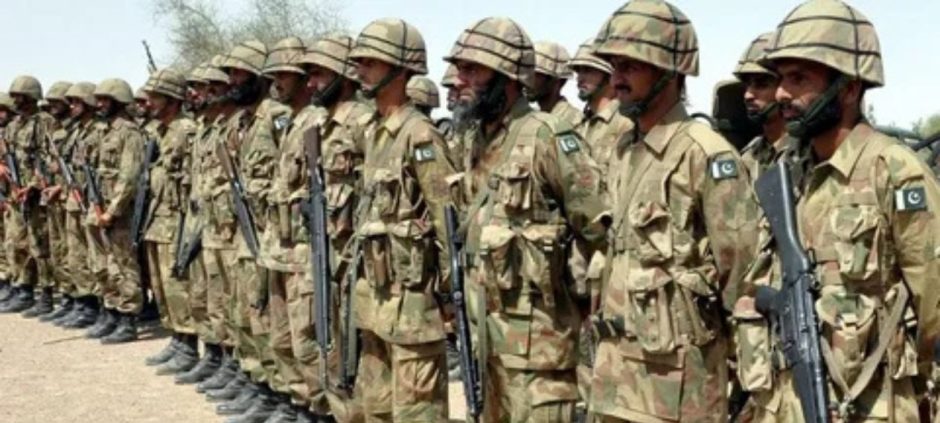A major shake-up in Pakistan’s military law has been approved, with the National Assembly passing amendments to the Pakistan Army Act of 1952 in a swift session. The changes come in the wake of the recent 27th Constitutional Amendment, aligning the army’s legal framework with the new constitutional order.
Under the revised Pakistan Army Act, 1952, the current Army Chief, Field Marshal Asim Munir, will take on a new role: Chief of Defence Forces (CDF), effectively giving him formal command over all three branches. His tenure as head of the Pakistan Army will reset from the date of his appointment as CDF, marking a constitutional consolidation of his authority.
In a related change, the post of Chairman Joint Chiefs of Staff Committee (CJCSC) will be abolished later this month. The amendments also introduce new military ranks, such as Marshal of the Air Force and Admiral of the Fleet, signaling a modernization of the service laws in line with what the government calls “contemporary defence needs.”
Legal experts are watching closely: the Supreme Court previously ruled that while the Pakistan Army Act, 1952, is not inherently unconstitutional, it needs legislative reform, especially to grant civilians tried in military courts a proper appeal route. The move raises big questions about transparency, civilian oversight, and the balance of power in Pakistan’s institutions.
Some analysts argue the changes risk consolidating too much power in a single military leader, while others say they’re a necessary step to streamline the command structure and make Pakistan’s defence forces more flexible in a changing geopolitical climate.
Meanwhile, political watchers note how these amendments tie back to broader constitutional shifts. For instance, the debate over restoring or preserving provincial autonomy remains sensitive. A related discussion surfaced when a senior politician emphasized that the 18th Amendment, a cornerstone of provincial rights, cannot be repealed.
As the legal and political fallout continues, these changes to the Pakistan Army Act, 1952, could reshape not just military dynamics but the broader architecture of Pakistan’s civil-military relations.











